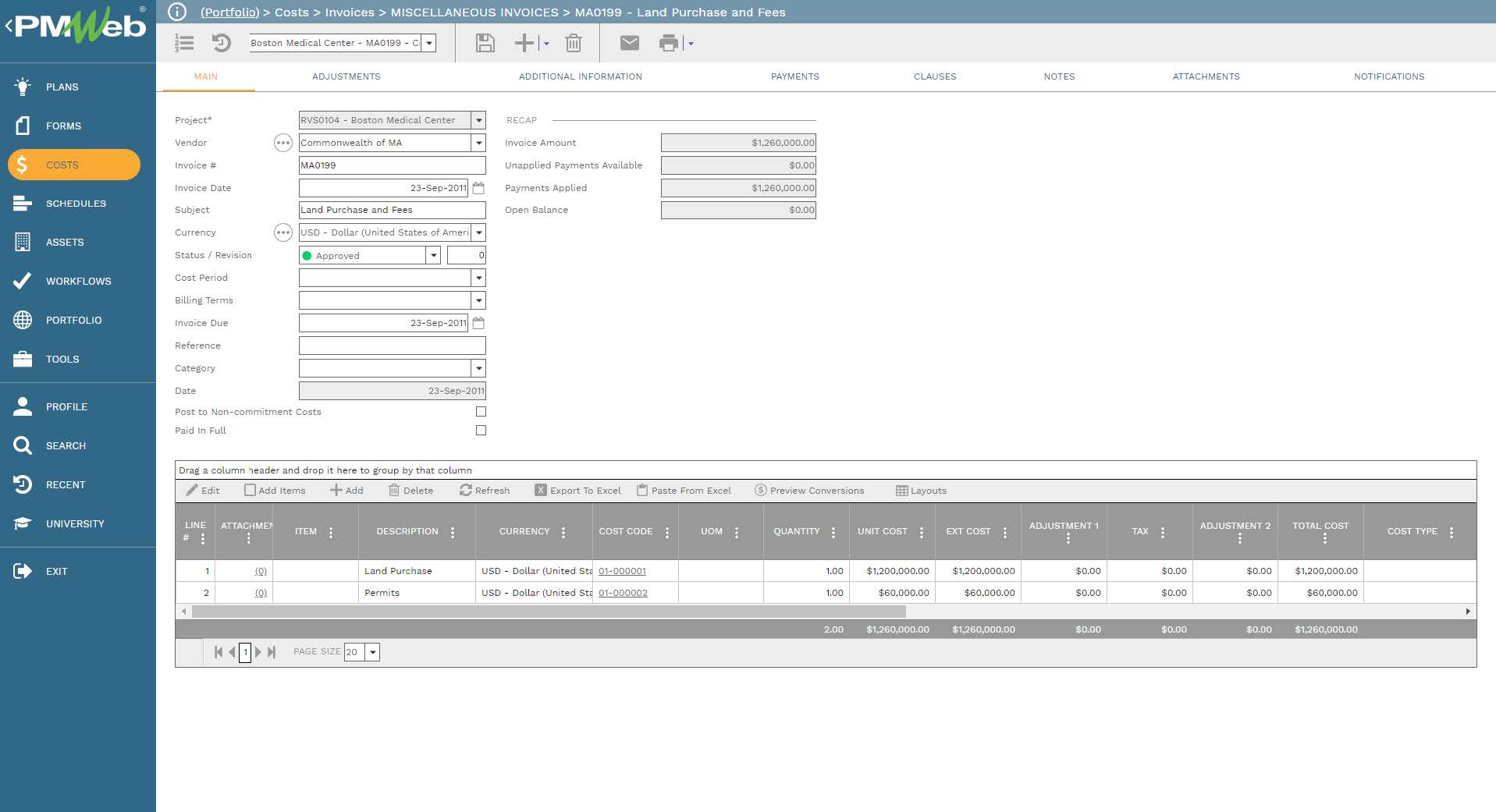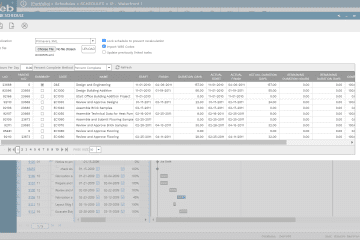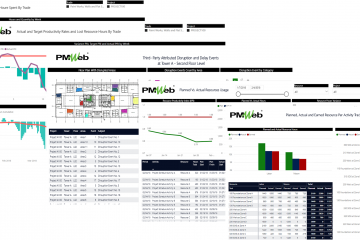The study titled “Grievance Management and Project Performance: A case of the Second Kampala Institutional and Infrastructure Development Project” by Barbara Nakayenze; Michael Peters Galukande-Kiganda and Gerald K. Karyeija of the Kampala Capital City Authority, Uganda Management Institute details the direct positive relation between instituting grievance management and capital construction project performance (Journal of Research in Humanities and Social Science, Volume 9, Issue 12 (2021) pages 01-07).
The study defines grievance management as managing complaints or dissatisfaction through a formal grievance-handling system. The process of grievance management involves the identification or receiving of complaints, investigation of grievances, and addressing or resolving grievances or complaints.
For successful grievance management, the study has identified the need for a transparent system for recording grievances received. There should be a transparent investigation process and resolution mechanisms for which responsibilities get assigned for each step and for management oversight to ensure transparency. Those actions need to be performed by teams composed of competent and experienced members dedicated to resolving grievances. The grievance management committees must be established in time, right at the start of the project, because grievances arise very early in the project cycle. The study also called for a budget specific to grievance redress on the project.
Further, the study reveals that the poor performance of most construction projects is attributed to project managers being unaware of the grievances, leading to the failure of these projects in terms of delays in completing the tasks, poor quality of output, and high project costs overrun.
The PMWeb Project Management Information System (PMIS) used to digitalize the hundred-plus project management processes needed to manage the delivery and performance of capital construction projects is also a perfect solution to digitalize the grievance management process. In other words, managing grievances using the same project management information system addresses the issue of project managers being unaware of the grievances, as similar to other project management functions, the project managers now have access to a real-time dashboard for grievance management specific to the project they are managing.
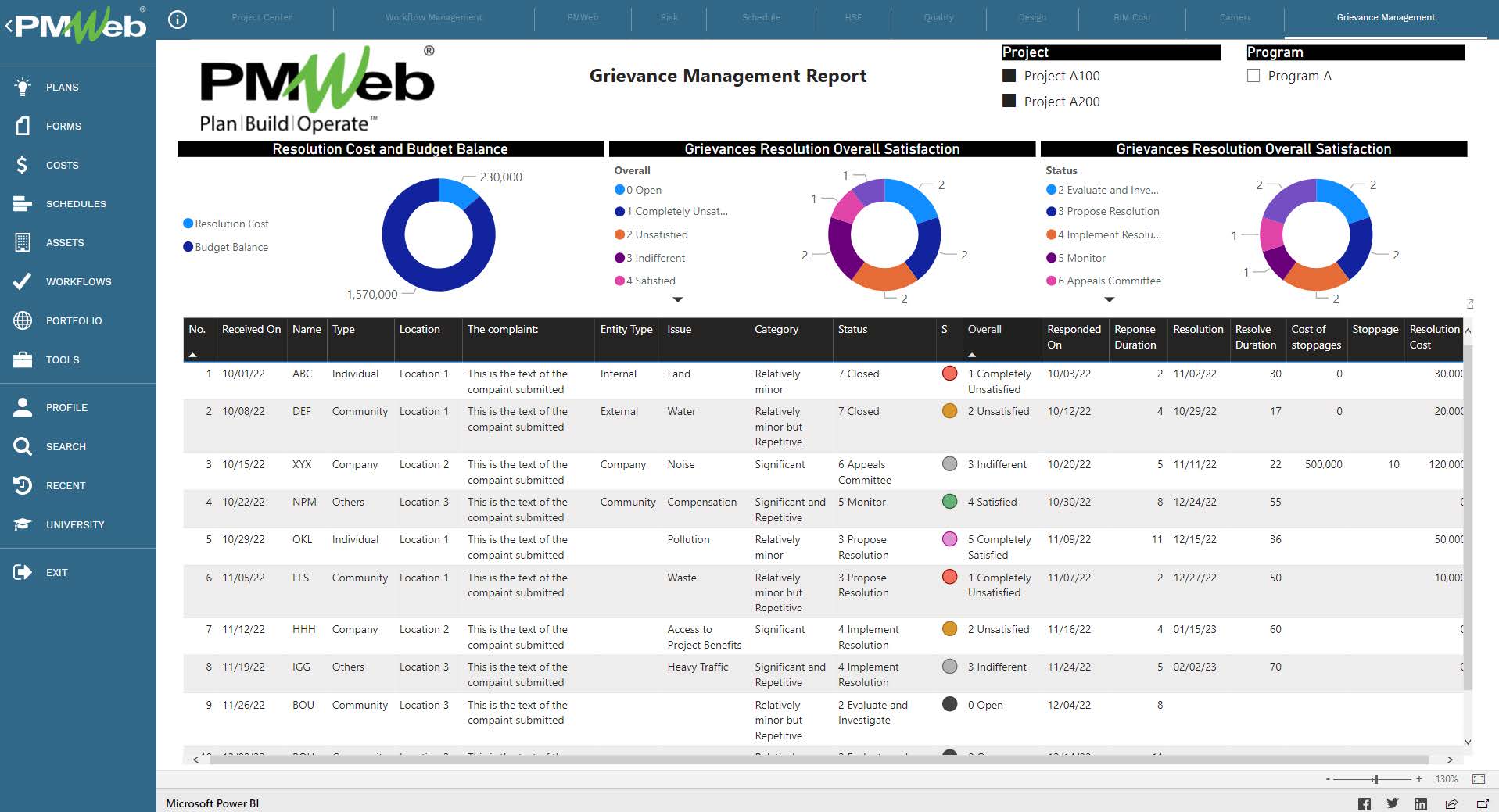
Like other project management processes, a template for Grievance Management will be created using the PMWeb form builder. The template includes the data fields for the grievance numbers, date received, from who and type (whether it was an individual who works on the project, external individual, community, company, or others), complaint against which entity by name (project owner, contractor, etc.), issue category (land, water, noise, compensation, pollution, waste, access to project benefits, heavy traffic, etc.), complaint impact (relatively minor, relatively minor but repetitive, significant or significant and repetitive), status (receive and acknowledge, evaluate and investigate, propose resolution, implement resolution, monitor, appeals committee or closed) and overall satisfaction with the resolution which will be on a scale of 5 (1 completely unsatisfied, 2 unsatisfied, 3 indifferent, 4 satisfied or 5 completely satisfied).
The grievance template includes responded on, resolution date, and date closed dates. In addition, the template consists of a field if the grievance has resulted in project stoppage, duration of stoppage, cost of stoppage, and cost of the grievance resolution.
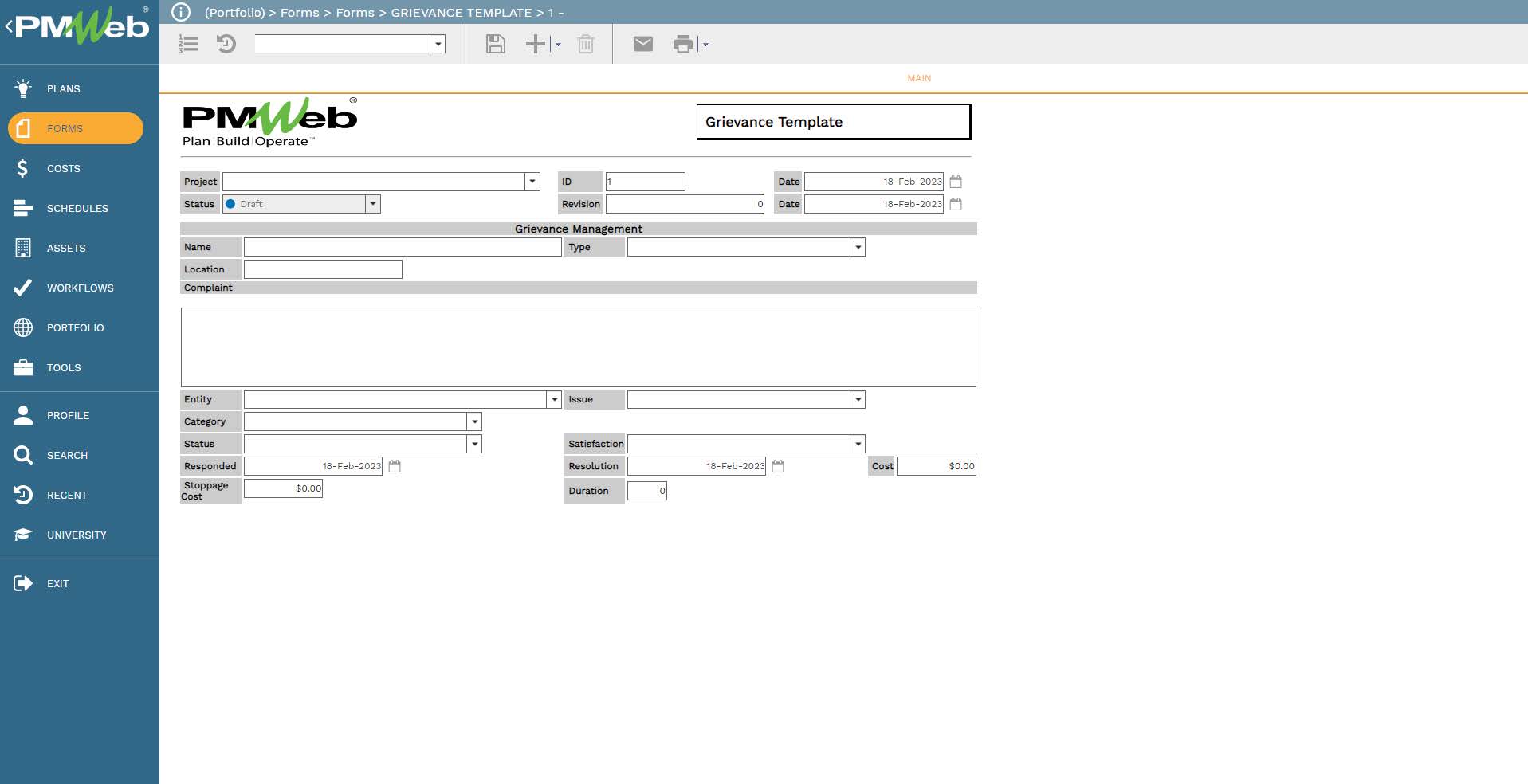
All supporting documents for a received grievance record must be attached to the template. Those documents must be uploaded and stored on the PMWeb document management repository, which includes folders and subfolders to ensure proper filing. In addition, links to other PMWeb records and imported emails can also be added to the template.
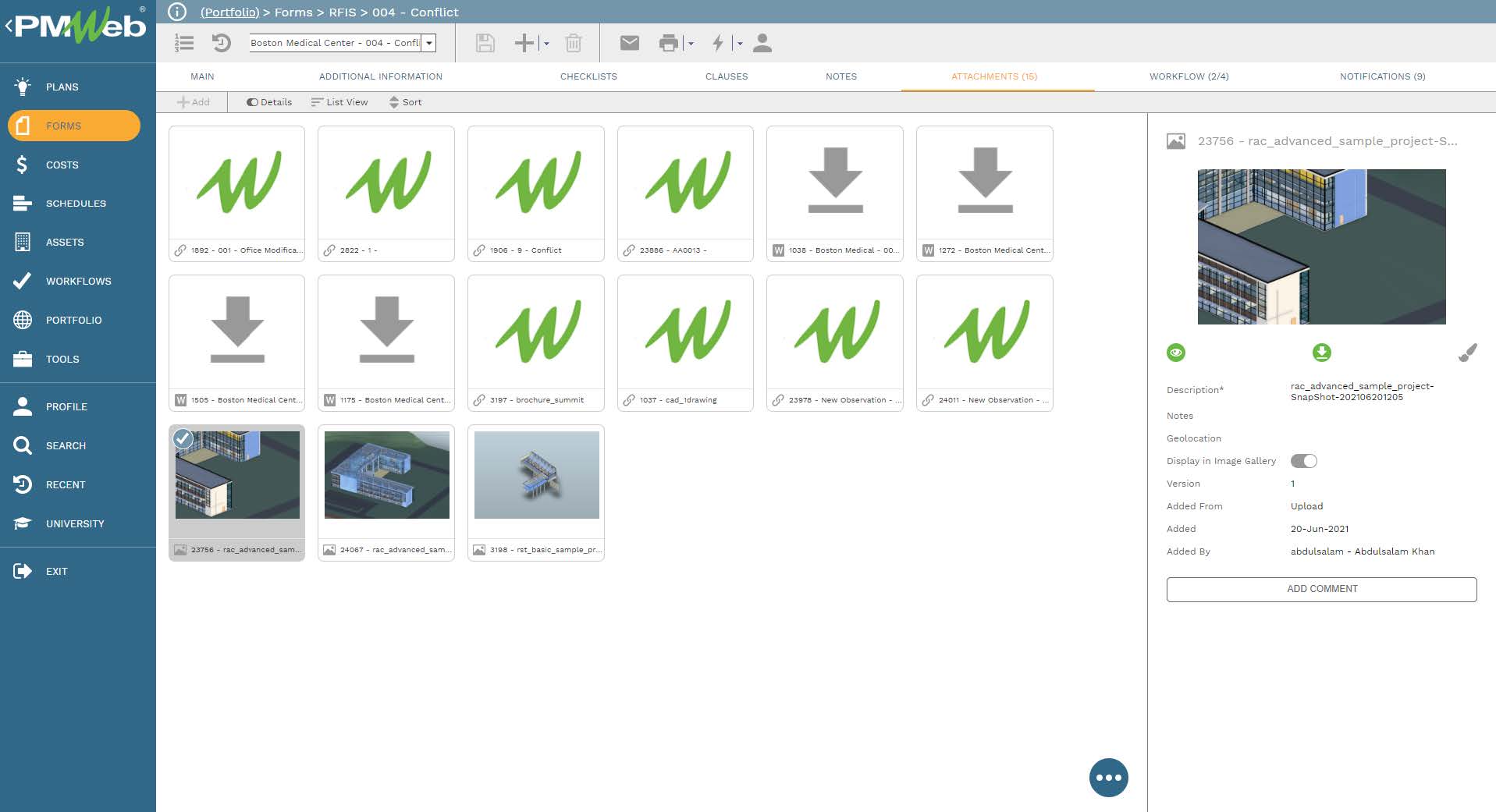
A workflow assigned to the template formalizes the actions for acknowledging, evaluating, investigating, and proposing the resolution. The workflow can include the different decision branches and scenarios affecting the evaluation and investigation tasks. The PMWeb workflow ensures the automation of those tasks and the distribution of each received grievance.
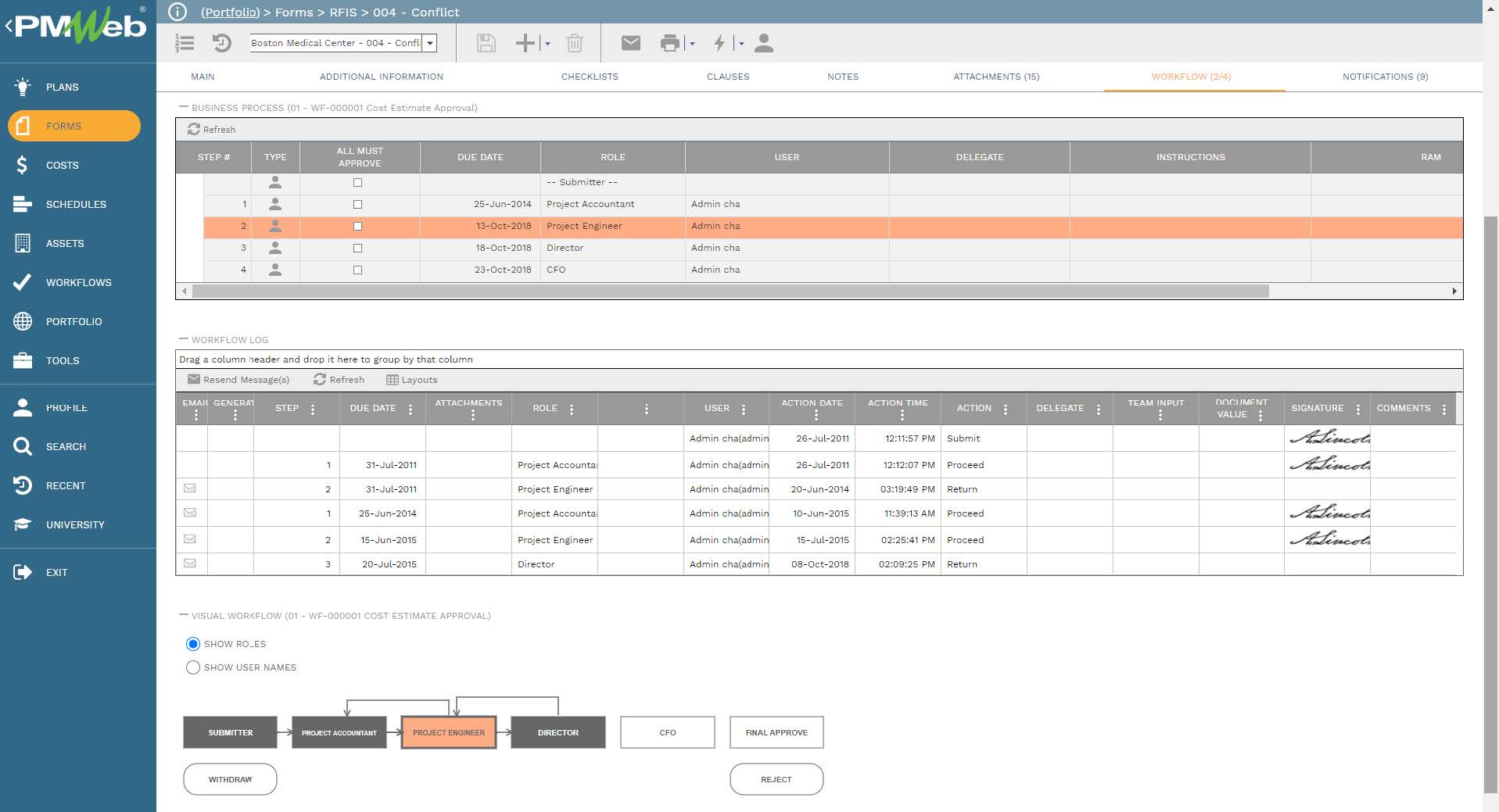
In addition, the PMWeb cost breakdown structure includes an account number for grievance resolution. This account number will be used in the PMWeb project budget template to capture the approved budget amount to fund the resolution of grievances submitted on the project.
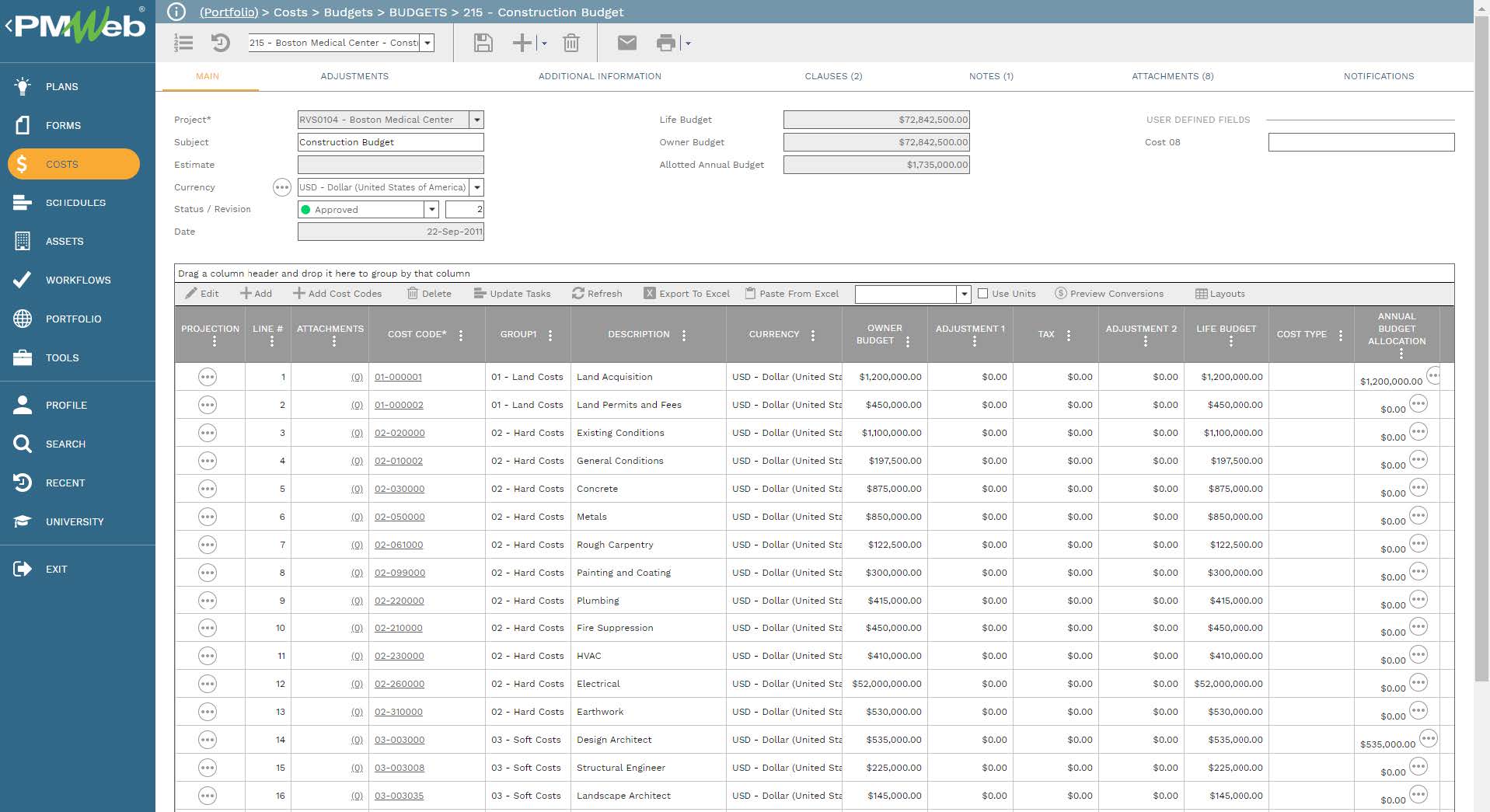
The cost of resolving grievances will be captured in the PMWeb miscellaneous invoices module. Those actual costs are recorded in PMWeb as non-commitment costs. A workflow gets assigned to the miscellaneous invoices module to ensure the proper reviews and approvals of the cost of the resolution of grievances.
